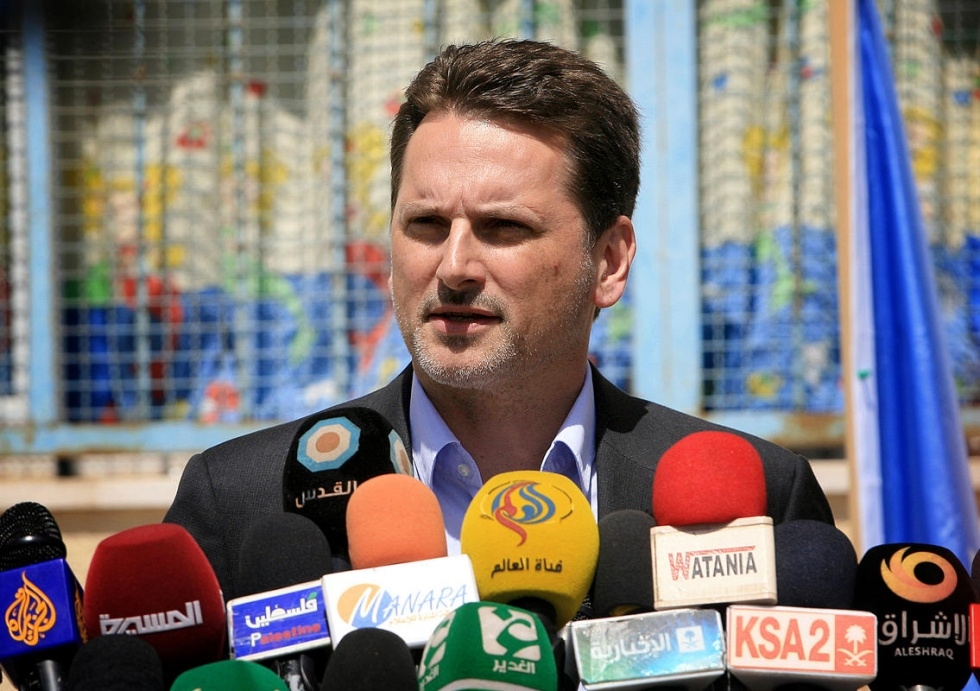Gaza blockade 'longest in history': UN

Newly-appointed United Nations Relief and Works Agency (UNRWA) Commissioner-General Pierre Krahenbuhl on Wednesday described Israel's seven-year siege of the Gaza Strip as the "longest in history".
Speaking at a conference in Khan Younis in the southern Gaza Strip, he added that the blockade was being used to collectively punish the Palestinian people.
Krahenbuhl said he would make the Gaza blockade the focal point in his future talks with officials.He said everybody should focus on the fact that Gaza's people merely wanted their dignity, freedom and humanity.
He added that deteriorating humanitarian conditions in the Palestinian enclave were apparent to everybody.
Krahenbuhl said that in 2000, the UNRWA had offered aid to around 80,000 refugees in the Gaza Strip. He added that the agency now provides aid to some 800,000 refugees in the territory, adding that this amount was increasing year after year.
He said the UNRWA – despite its limited budget – would do its best to reach more poor people in Gaza.
The official added that he would brief Israeli officials on conditions in Gaza, noting that the UNRWA was determined to find a solution to the crisis.
Gaza Strip's roughly 1.8 million inhabitants have groaned under a harsh Israeli blockade since 2007, which continues to deprive them of most essential goods.
Recently, living conditions in the Palestinian enclave deteriorated further after Egypt began destroying the smuggling tunnels linking the coastal enclave to the Sinai Peninsula.
Egypt accuses Hamas, which has governed Gaza since 2007, of involvement in violence and unrest in Sinai.
New MEE newsletter: Jerusalem Dispatch
Sign up to get the latest insights and analysis on Israel-Palestine, alongside Turkey Unpacked and other MEE newsletters
Middle East Eye delivers independent and unrivalled coverage and analysis of the Middle East, North Africa and beyond. To learn more about republishing this content and the associated fees, please fill out this form. More about MEE can be found here.


